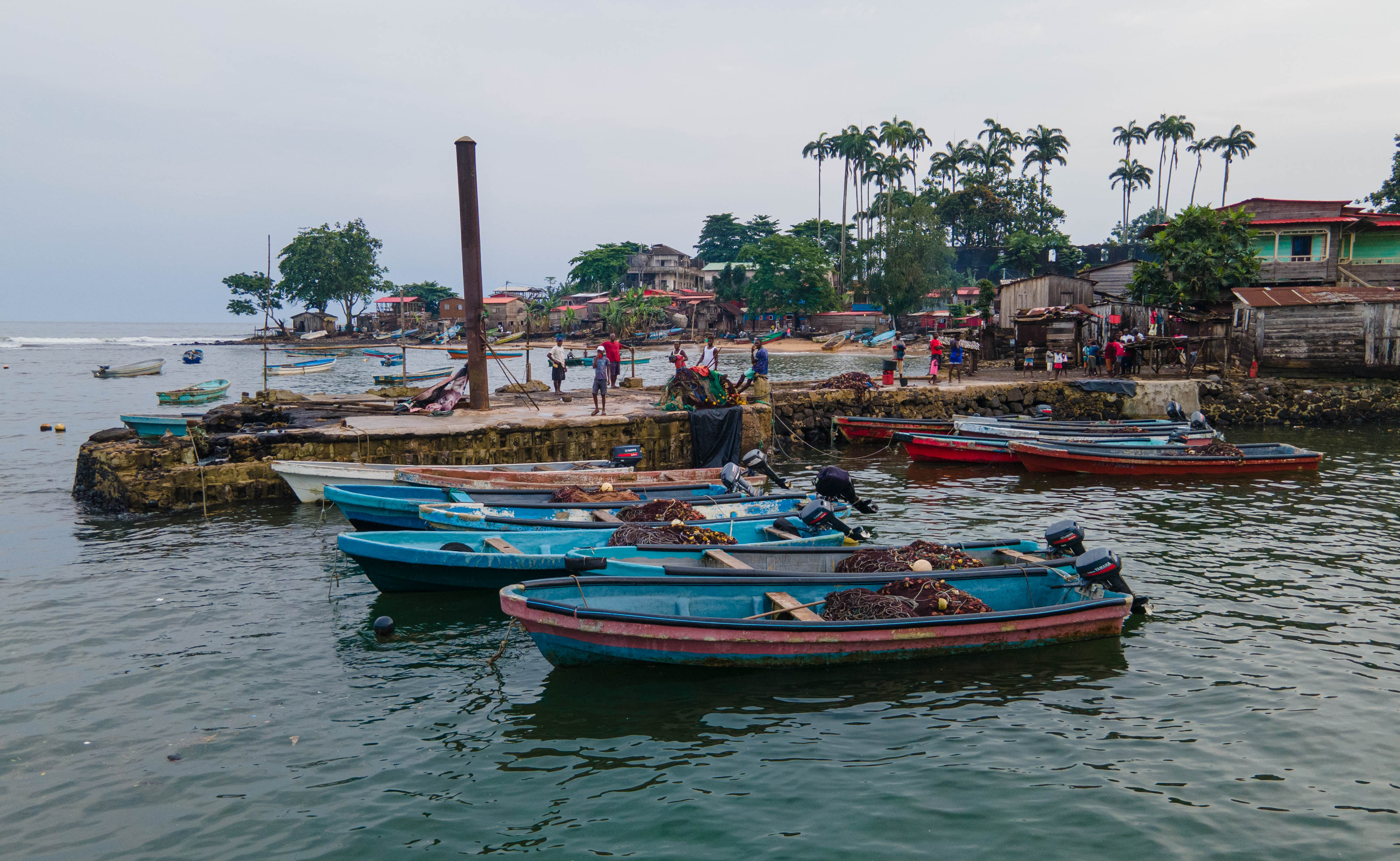The Hand-in-Hand initiative unveils exciting prospects for the transformation of Sao Tome and Principe's blue economy

In a significant development and through collaborative efforts with FAO and the World Bank, the Government of Sao Tome and Principe (STP) has launched a report titled “Charting a Blue Course Investment Projects for the Blue Economy Transition in São Tomé e Principe”. This landmark analysis, co-financed by PROBLUE, offers a preliminary economic assessment of three key investment projects aimed at catalyzing the transformation of the Blue Economy sectors, including tourism, fishing, port infrastructure, and transport. These projects are envisioned as potential avenues of investment that could spur substantial economic growth at both local and national levels, while fostering new forms of partnerships between public and private entities.
The Democratic Republic of Sao Tome and Principe, Africa's smallest independent island state, faces numerous development challenges common to small island nations, including weak governance, basic services, and poor infrastructure. High production and distribution costs contribute to poverty, while reliance on a few sectors heightens vulnerability to external shocks. To tackle these issues, the country adopted a 2019 Transition Strategy for the Blue Economy developed with FAO support, aiming to coordinate oceanic resource policies with fisheries, tourism, and energy sectors.
As the country delves into its blue economy potential, the recently launched report provides essential insights into the costs and benefits of the three government-prioritized projects for inclusion in the National Investment Plan for the Blue Economy.
Developed and expanded with the support of FAO's Hand-in-Hand Initiative, the investment plan will encompass the following key projects:
- Establishment of blue cabotage: this project aims to enhance maritime connectivity, facilitating transportation for residents, goods, and tourists.
- Rehabilitation of beaches: focused on sustainable blue tourism development, this initiative seeks to revitalize beaches, promoting responsible tourism practices.
- Modernization of coastal artisanal fishing fleet: centered on improving livelihoods and ensuring the sustainable use of marine resources, this project aims to upgrade the coastal artisanal fishing fleet.
The proposed projects prioritize economic, environmental, and social benefits, focusing on poverty reduction, climate resilience, and food security for holistic sustainable development. Interconnected initiatives emphasize value chain transformation, regulatory adaptations, and impact assessments, attracting international interest and support.

With the presentation and analysis of these projects designated as a top priority for the forthcoming investment forum during the 2nd Edition of the Blue Economy Week in STP, stakeholders are preparing for productive discussions and collaborations to advance the vision of a flourishing Blue Economy in Sao Tome and Principe. The forum is expected to mobilize the requisite resources for the implementation of these projects, as part of the broader agenda for sustainable development in the country.
The World Bank's West Africa Coastal Areas Management Program (WACA), in its second phase, plans to commit an estimated number of USD 3.5 million to support investments associated with tourism development and beach requalification, which are priority projects identified within the Hand-in-Hand Investment Plan.
As Sao Tome and Principe charts its course towards a vibrant and sustainable Blue Economy, these priority projects stand as testament to the nation's commitment to transformative change and inclusive sustainable growth.

